WHO CAN PARTICIPATE AT EUCYS?
The EU Contest for Young Scientists accepts project entries from all fields of scientific endeavour.
Only the winners of Contests organised at national level are allowed to enter EUCYS and only projects that have been nominated by the National Organiser in each participating country are admissible. Each country may submit up to 3 projects, with a maximum of 6 contestants (aged between 14 and 20 at the date of the contest).
Projects may have been worked on by individual participants or by teams of not more than three people. The rules concerning age and education requirements are applicable to all members of a project team. Where a team is involved all members of the team must be represented at the Contest so the Jury can conduct a thorough evaluation of their combined efforts.
Each project consists of a written report and display materials, models, etc. At the Contest, the contestants set up their project in a display stand in the Science Exhibition Hall and are required to answer questions from members of the scientific jury. The Science Exhibition is open to the public and contestants are encouraged to explain their Project also to them.
WHAT RESEARCH CAN/CANNOT BE ACCEPTED?
Contestants will set up their project for display. The project must both conform to the strictest safety requirements and be suitable for public display. A project that in any way can be construed to be a threat to either animal or human health will be withdrawn from the Contest. In particular experiments that involve radioactive substances, dangerous equipment, toxic and carcinogenic materials are all excluded from public display.
Projects that involve experiments with living animals shall only be accepted on non-human vertebrate and invertebrate animals when non-invasive experimentation has been conducted.
The projects are presented on a stand with side walls and must not exceed the dimensions that are given in the diagram below. The display is part of the contestant’s project and is used to exhibit the essential parts of the work. The display may include, for example, working models, a video, and other demonstration material.
THE ROLE AND RESPONSIBILITIES OF NATIONAL ORGANISERS (NO)
National Organisers (NO) are responsible for selecting projects, submitting applications, and for all communication with the Commission.
All contestants will be accompanied to the EU Contest by their NO, or by an adult escort appointed by the NO. NO, as the principal contact in all participating countries, will assure liaison between the contestants and the EU Contest in all matters concerning the Contest.
NO and/or escort(s), together with their contestants, constitute their respective country’s official delegation and are the only ones that can enjoy access to all public and private events associated with the Contest.
NO assume responsibility for the well-being and behavior of their party. They:
- Ensure that their party travels with adequate health, accident and travel insurance that covers them for both the travel and duration of the Contest.
- Handle the linguistic or other problems that may arise during the Contest or in relation to associated activities.
- Ensure that they have their own measures in place to assure their party’s behavior remains beyond reproach.
THE ROLE AND RESPONSIBILITIES OF THE JURY
The Jury is composed of 20 members of international reputation, who carry out their duties as individuals and not as representatives of an institution or country. Members of the Jury are selected on the basis of scientific criteria; they are drawn from both academia and industry. They are appointed by the Commission, which ensures an appropriate geographical and gender balance. Up to one third of the Members of the Jury are replaced each year. The President of the Jury is appointed by the Commission.
The criteria used to assess projects are as follows:
- Originality and creativity in the identification of and the approach to the basic problem.
- Skill, care and thoroughness in designing and carrying out the study.
- Following through of the study from conception to conclusion.
- Reasoning and clarity in the interpretation of the results.
- Quality of written presentation and ability to discuss the project with the Jury Members.
HOW THE JURY WORKS
- Each Jury member awards each project a preliminary mark in the following categories:
- Worthy of a prize – A
- Maybe worthy of a prize – B
- Not worthy of a prize – C
- At the beginning of the EU Contest, the President will contact each of the other Members of the Jury, who notify the President of the preliminary marks they have awarded to each project. The President draws up a preliminary assessment list.
- During the EU Contest, the Members of the Jury have a first meeting to review the preliminary assessment list marks. After discussion, the President of the Jury decides which Members of the Jury should visit which projects at the Science exhibition. The Jury ensures that each project is visited by at least 5 members of the Jury for interviews. Detailed discussions with all the contestants involved takes place over three days during the Contest.
- Based on the results of these interviews, the Jury will draw the final assessment list. The Jury shall make the decision on awarding the core prizes and decide whether any Honorary and/or Special Donated Prizes should be awarded. The Jury reaches its decisions based on consensus.
- The list of prize winners, the recipients of the Honorary and Special Donated Prizes (if any) are drawn up and signed by the President on behalf of the Jury. The Jury secretary makes arrangements for the official announcement and for the Award Ceremony to take place. The President of the Jury gives an overview of the Contest at the Award Ceremony. The President of the Jury may at any time inform the Commission where, in the opinion of the Jury, any of the following is apparent: (i) contestants are estimated to have received undue assistance from experts; (ii) contestants have had undue privileged access to resources; or (iii) the contestants have clearly plagiarized ideas from others. In such a case, the Commission will withdraw the project from the competition and even after the event retain the right to demand if necessary, the return of any prize money.
The decision of the Jury is final.









